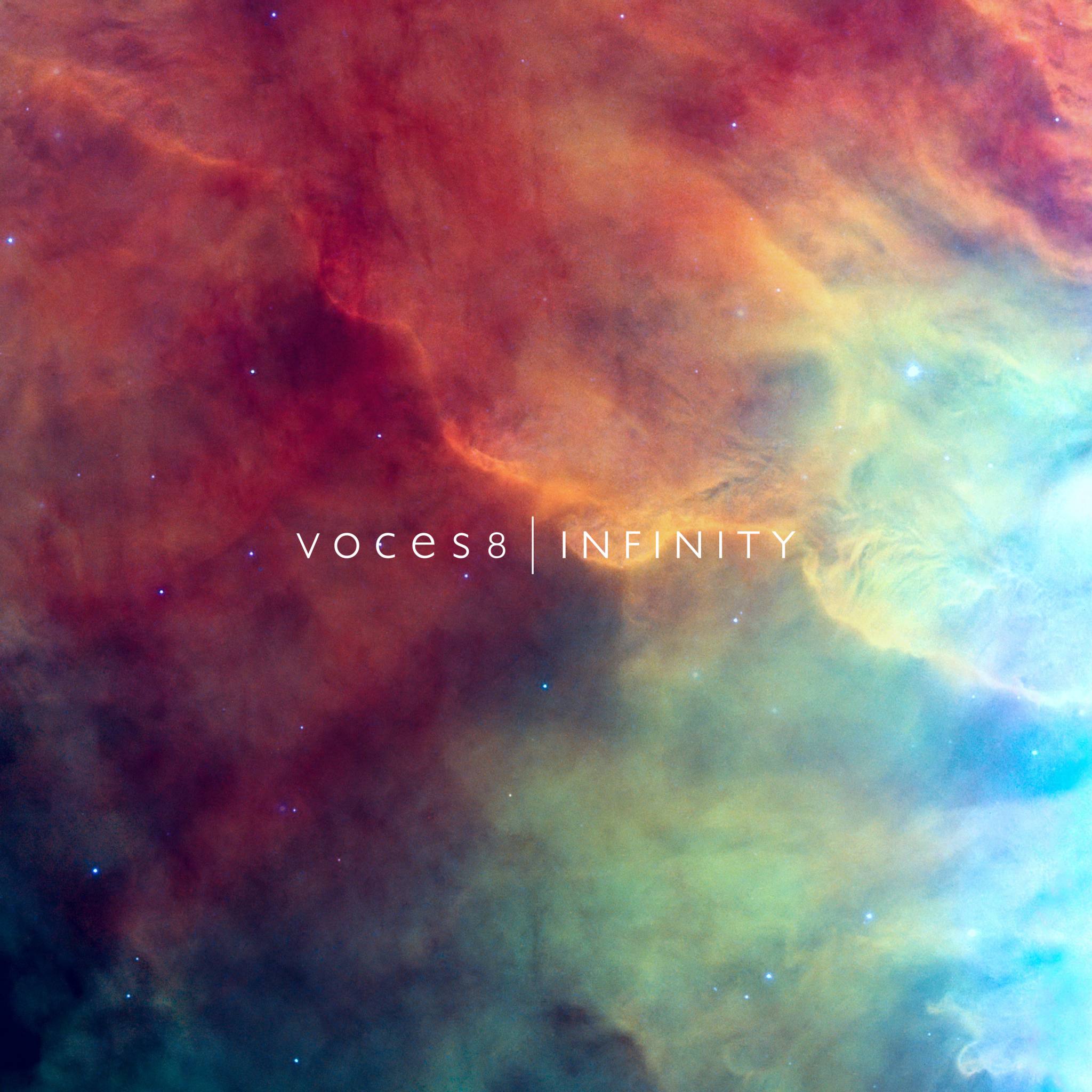AboutDustin O'Halloran

“I follow where the music takes me,” says Dustin O’Halloran. It’s a phrase that suits the musician, his slow journey from country to country, and also his adaptable sound.
Dustin O’Halloran was born in Phoenix, Arizona, then lived in Los Angeles, later moved to rural northern Italy for seven years, and spent a decade in Berlin before settling in Reykjavík in 2018. Today, he spends part of his time back in Los Angeles. His work, meanwhile, followed a similarly varied path. It developed around the turn of the century with Dēvics, a band formed by O’Halloran and Sara Lov. Their first album was released in 1996, and they were later signed by Bella Union. After Dēvics’ dreamlike pop, O’Halloran found his way to a series of ambitious solo albums, which in turn led to a career as a composer for film and television, as well as for several dance and art projects, crowned by Oscar nominations and an Emmy win. In addition, there is O’Halloran’s successful collaboration with Adam Wiltzie of Stars Of The Lid. They formed A Winged Victory For The Sullen and created a unique ambient orchestral project that has been performed worldwide.
The pianist and composer Dustin O’Halloran has thus taken an unconventional path to date. But in all his projects, he has always reflected familiar yet private emotions. They resonated in the restrained tones of his Piano Solos Vol. 1 & 2 (2004, 2006), in the refined electronic color that defines the soundscapes of A Winged Victory For The Sullen, or the multifaceted arrangements that characterize his (comparatively) grander works – including the delicate strings of his last solo album Lumiere (2011); the atmospheric soundtrack to Lion, which earned him and his co-writer Volker Bertelmann, a.k.a. Hauschka, an Oscar nomination; or the bittersweet “Horizons” (2018), the closing theme from Puzzle, featuring Scandinavian musician Ane Brun, who performed it at the 2018 Nobel Peace Prize ceremony.
O’Halloran cultivated his talent early. After teaching himself to play the piano at age seven, he soon began writing music, inspired by the sounds he heard during his mother’s ballet lessons. It wasn’t long before the influence of Chopin, Pärt, and Debussy gave way to a preference for other musicians: Cocteau Twins (whose member Simon Raymonde later signed him to his Bella Union label), Gavin Bryars, Morton Feldman, and Joy Division. O’Halloran was not yet twenty when he wrote songs for Dēvics with Sara Lov, whom he met at Santa Monica College, where he himself studied art. He initially hesitated to release his piano compositions, but it was precisely their Satie-esque simplicity that helped him establish himself in the music scene alongside Hauschka, Jóhann Jóhannsson, Max Richter, and Nils Frahm. Frahm was a sound engineer for O’Halloran’s recordings, and Jóhannsson, who passed away in 2018, mixed Lumiere.
O’Halloran gained many fans with his solo recordings and with A Winged Victory For The Sullen (who released their first album in 2011 and their latest, The Undivided Five, in 2019 on Ninja Tune), but his big breakthrough came with the three solo pieces he composed for Sofia Coppola’s Marie Antoinette (2006). Since then, he has become even more well-known, for example, through his work for the series Transparent (2014–17), for which he received an Emmy, or for the film drama Lion (2016), his first project with Bertelmann and nominated for an Oscar, Golden Globe, BAFTA, and Critics’ Choice Award. Other films include Drake Doremus’ Like Crazy (2011), which won the Sundance Festival Grand Jury Prize, and Breathe In (2013) starring Guy Pearce and Felicity Jones, as well as television films such as (again in collaboration with Bertelmann) the upcoming BBC version of A Christmas Carol directed by Nick Murphy, with whom O’Halloran has already worked alongside Bryan Senti on the BAFTA-nominated television series Save Me (2018).
And O’Halloran’s music has also been featured in other art forms. In 2014, A Winged Victory For The Sullen composed ATOMOS commissioned by Wayne McGregor, choreographer of the Royal Ballet in London. In 2019, as part of the Liquid Music Series in Minneapolis, he premiered the electronic composition 1 0 0 1 with choreographer Fukiko Takase, who had previously collaborated on ATOMOS. Having now signed a contract with Deutsche Grammophon this year, O’Halloran will release his first EP with the label in November: Sundoor, featuring the 20-minute piece “196 Hz,” an adaptation of a 2017 composition for multimedia artist Slater Bradley’s work Sundoor At World’s End.
Whether these more recent pieces – none of which feature piano – indicate a future path, only O’Halloran himself knows, and perhaps not even he. He recently recorded a song with his old Dēvics partner Lov for her next solo album. A piece with Ane Brun is also due out soon. And O’Halloran also contributes to Thanks For The Dance (2019), Leonard Cohen’s last, posthumous album, which stands in stark contrast to his work as producer of the last track on Katy Perry’s Witness (2017). There’s probably no point in speculating. With studios in Reykjavík and Los Angeles, O’Halloran remains ready to follow his inspiration wherever it leads. Because that’s how he has always worked best and will continue to do so: “Deutsche Grammophon,” he says, “is incredibly open. They are willing to explore ideas beyond the categories of chamber music and orchestral music. And that’s really exciting…”



